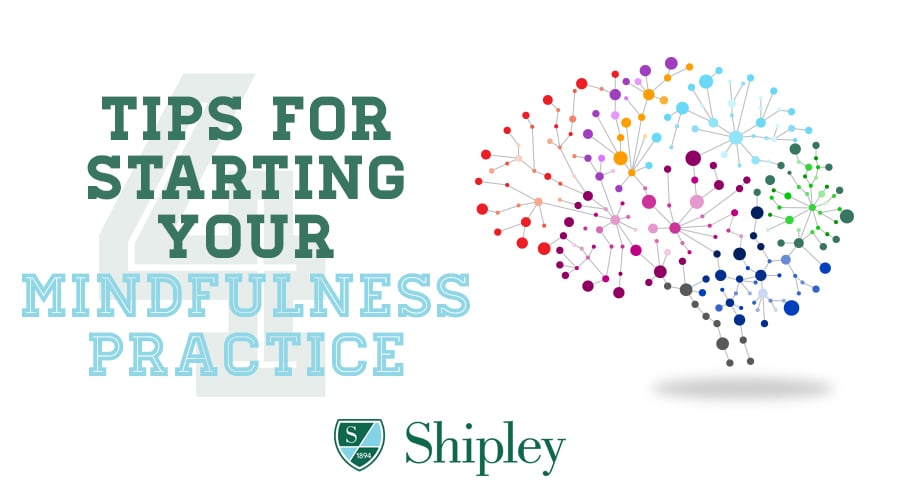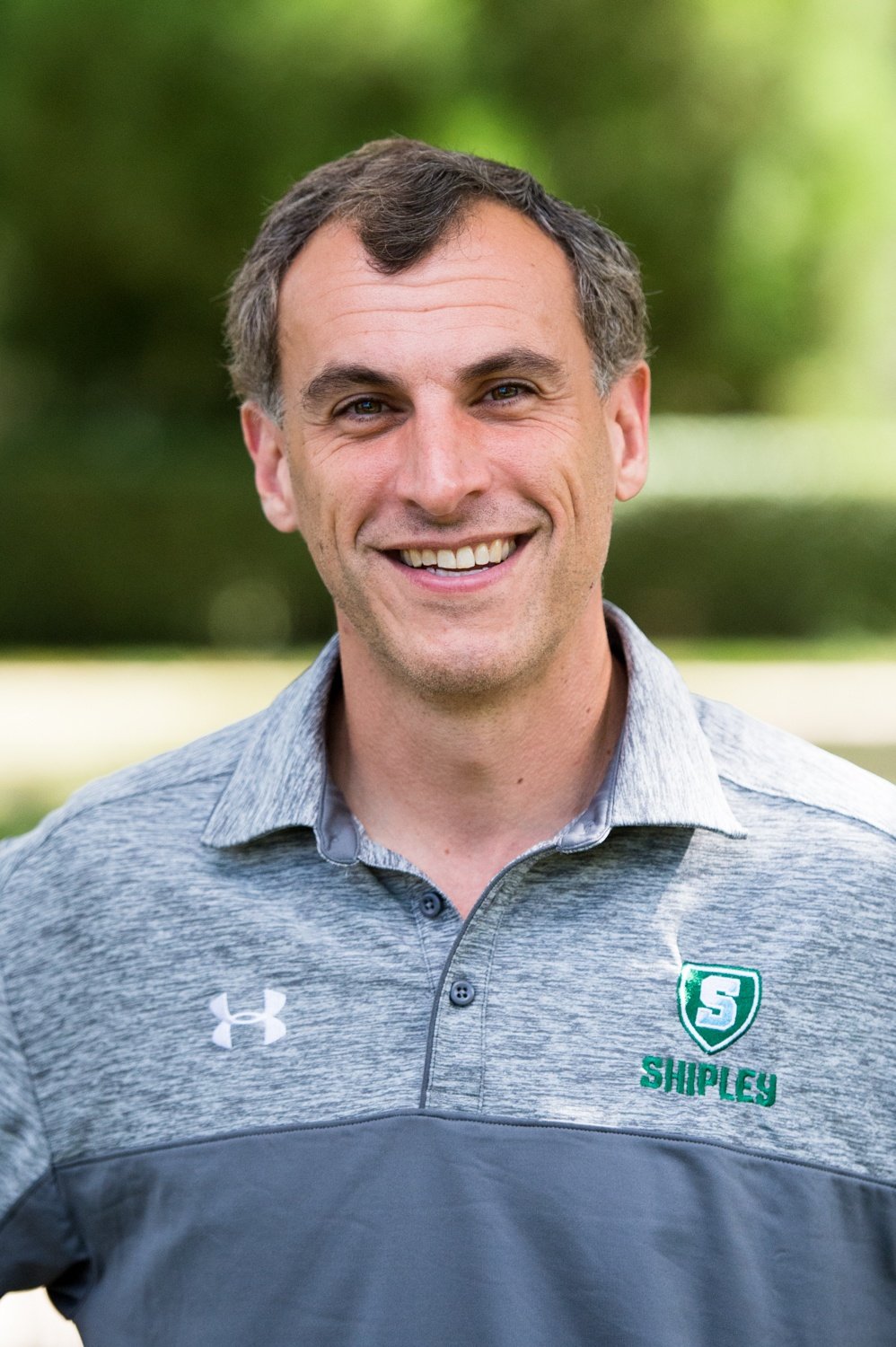We want what’s best for our children—including helping them to thrive and flourish in healthy, self-sustaining ways. One of the best tools with which we can equip kids to do that is mindfulness, and it starts with us as parents and caregivers.
The way we model emotional regulation, kindness, and compassion is our most effective tool in supporting the development of an engaged, thriving child. Think of the message you hear as you settle in to an airplane flight: “If cabin pressure should change, the panels above your seat will open revealing oxygen masks; reach up and pull a mask towards you... Secure your own mask first, before helping others.”
We don’t have wait for a harrowing airplane ride to take care of ourselves first. Mindfulness can be a pathway for self-care through practices of self-compassion, loving-kindness, forgiveness, vulnerability, and gratitude. Here are some tips for creating a sustainable, meaningful mindfulness practice:
-
Start Simple
There’s no need to buy a book, purchase an app or even find a quiet room to practice mindfulness (though that can be helpful in the long run). Just stop what you are doing. You can let your eyes close or leave them open. Feel the movement of the breath in your body. You might notice that it is smooth or rough, deep or shallow. You might notice thoughts or emotions. And that’s good. These become the raw material for a practice. Your task is to catch yourself when you get distracted and gently guide your attention back to the sensation of breathing. It isn’t about emptying your mind or feeling a certain way but instead about returning again and again to the object of your attention in that moment.
-
Start Short
Research suggests that the benefits of mindfulness begin to accrue after just five minutes of practice each day (https://pdfs.semanticscholar.org/7a75/29a9e6401679016ab78f398eaaf4487aff84.pdf). Don’t try to be a mindfulness superstar on your first day. Instead, build a practice slowly until you have a familiarity and intimacy with the practices. The science of neuroplasticity shows us that small practices done regularly literally rewire our brain to harness the full resources of our intuition, compassion, and wisdom.
-
Create Reminders
The only certainty in mindfulness practice is that you’ll regularly forget to be mindful! I like to set reminders on my phone. I put funny stickers on my phone, computer, and car door to remind me to take a pause and breathe deeply. You can even transform regular routines like brushing teeth, brewing coffee, or stopping at a red light into reminders to come back to the breath and an awareness of what is happening in the present moment. Apps like Simple Habit and Insight Timer can be helpful with their encouraging notifications to keep up the good work! -
Bring It Into The World
The attention we give to the breath is practice for what we face in the world. For example, we bring an intention to spend quality time with our child, but in our minds, a challenge at work or a difficult conversation with a friend take us elsewhere. Use what you’ve practiced to come back again and again to your child, knowing that whatever plans or worries you have will be there for you when you are done. Make your practice physical by walking slowly and mindfully in nature.
In the coming months, we’ll share some tips for sharing mindfulness with your children and family. In the meantime, you can find countless guided mindfulness meditations on Marc Balcer’s Your Mindful Coach Podcast, available on iTunes and SoundCloud. In particular, check out the 7 Mindful Minutes or Simply Meditation playlist for a topic of interest to you.










